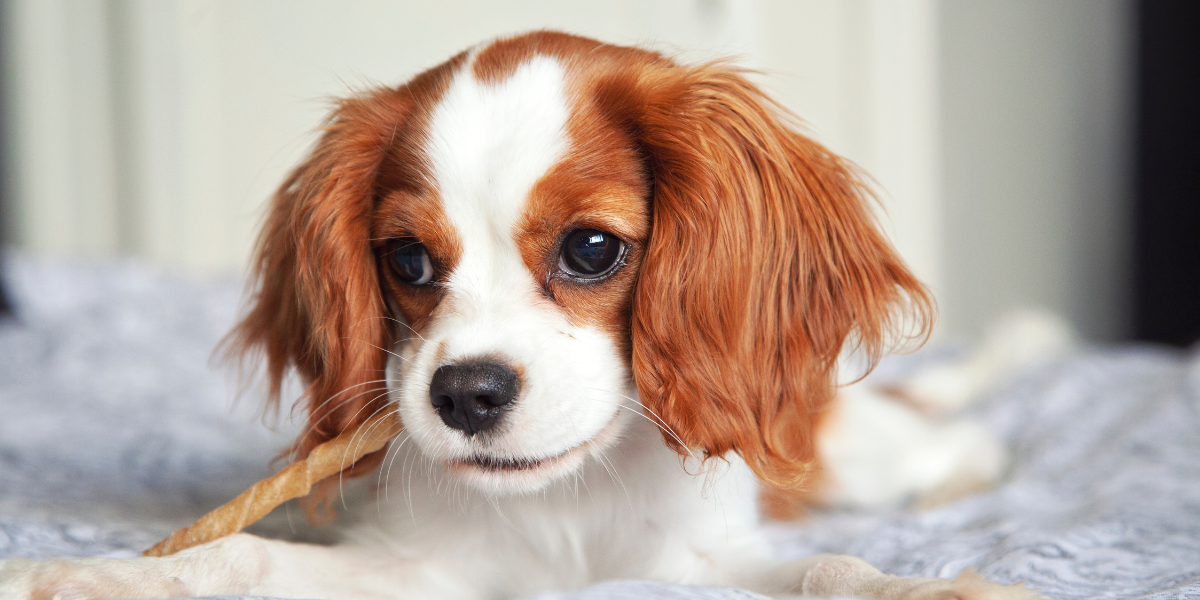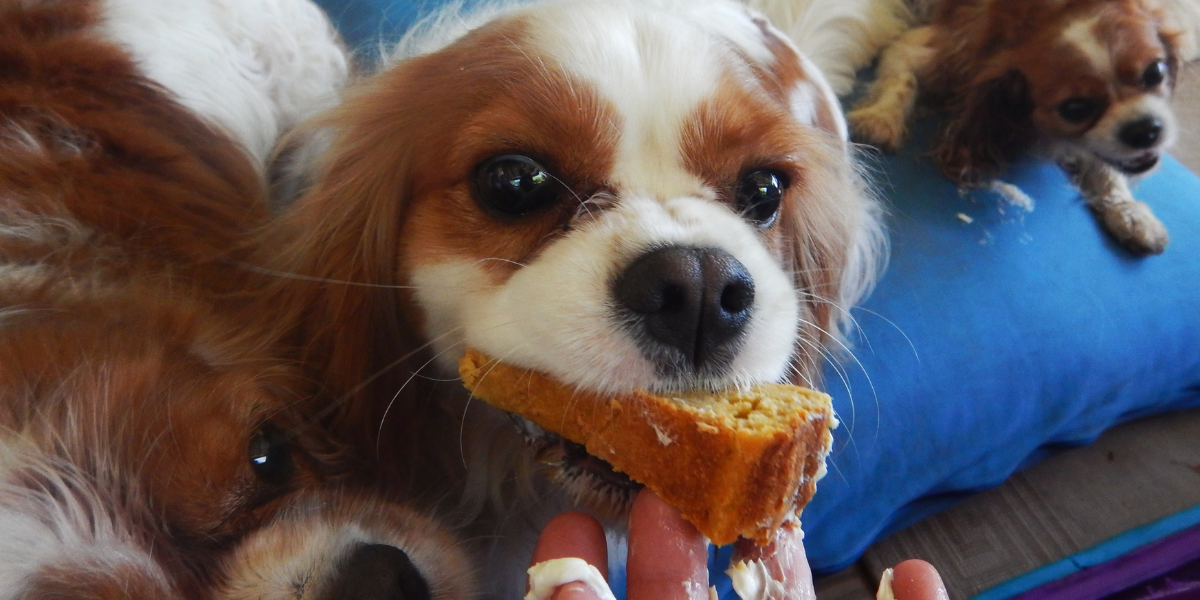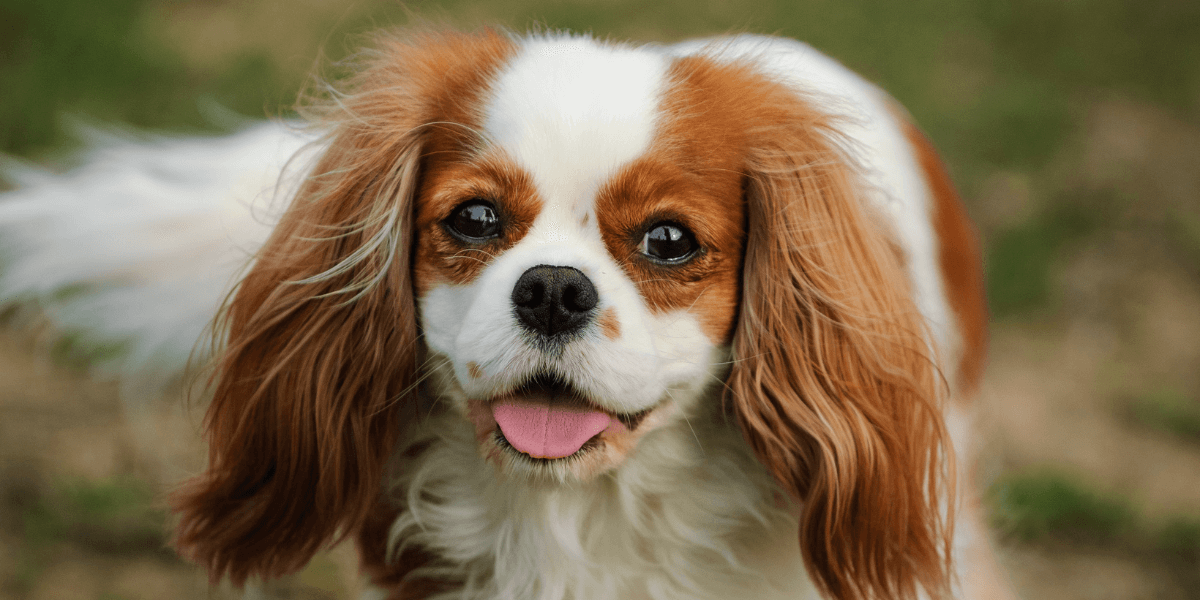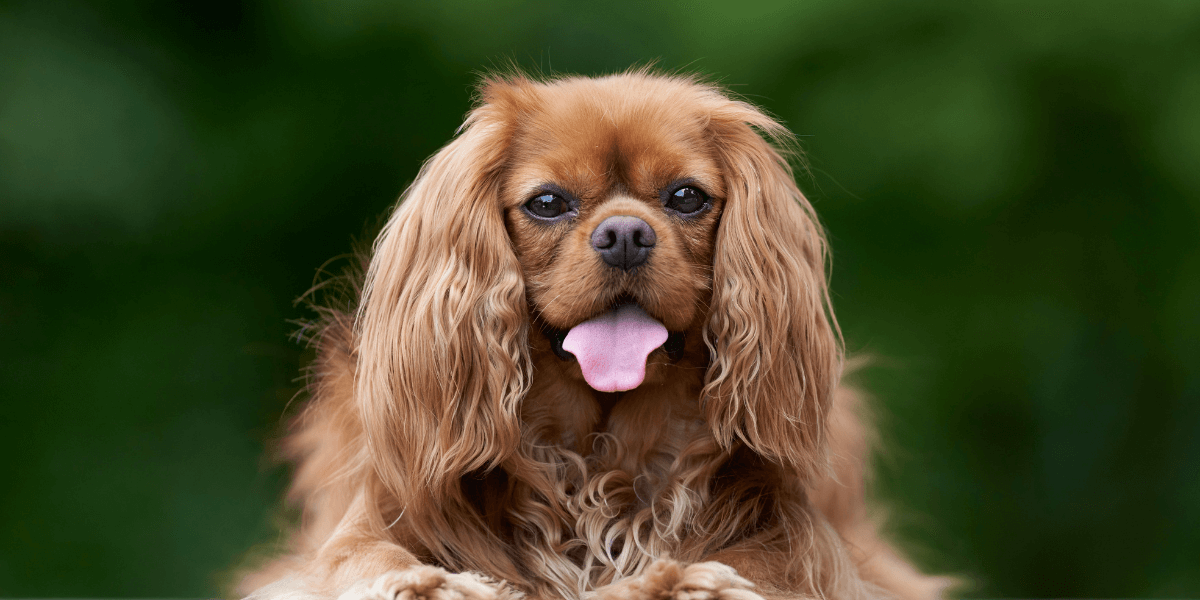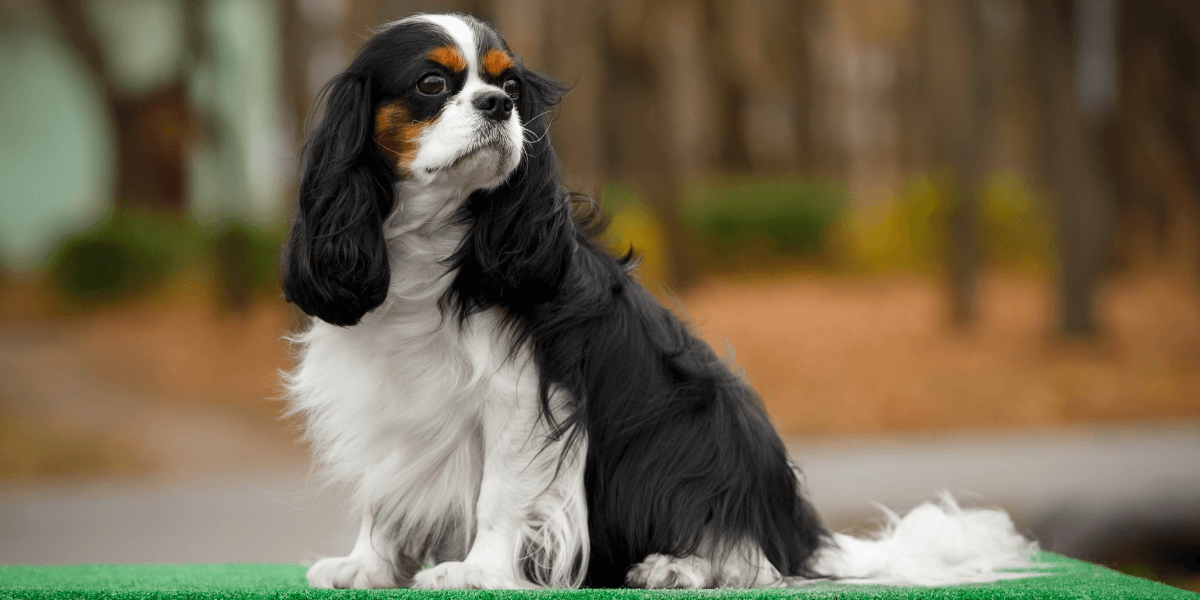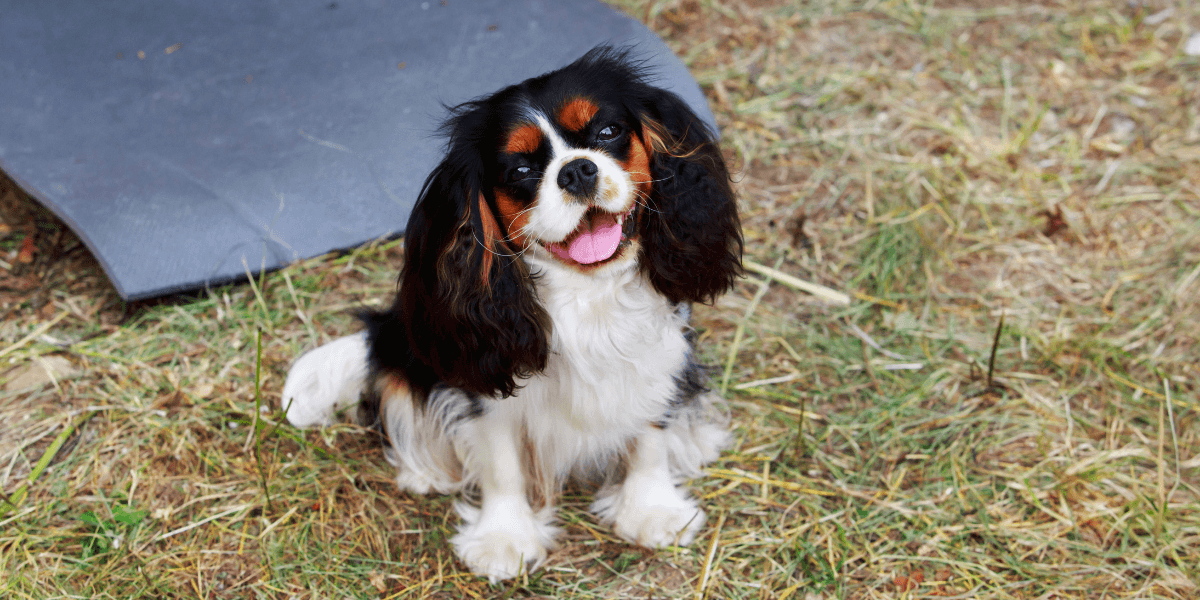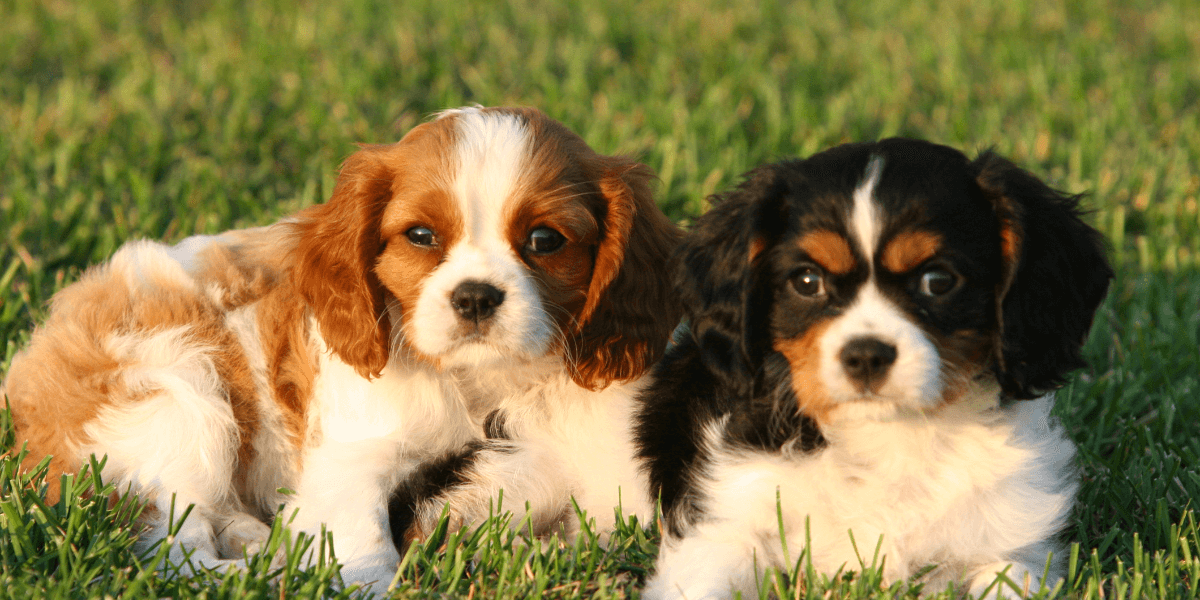Introduction
The best diet for Cavalier King Charles Spaniel is essential for overall health.
- Proper nutrition supports their energy levels, coat quality, and overall well-being
- Tailoring their diet to their specific needs can help prevent common health issues
- Understanding their dietary requirements can improve their quality of life significantly
- This guide provides essential nutritional tips and food recommendations for Cavaliers
- Explore best practices to ensure your Cavalier thrives on a balanced and healthy diet
1. Understanding Nutritional Needs
The best diet for Cavalier King Charles Spaniel needs balanced nutrients for health.
- Balanced Macronutrients: Ensure a proper ratio of proteins, fats, and carbohydrates
- Protein Requirements: Crucial for muscle growth, repair, and maintaining overall health
- Fat Needs: Provides essential energy, supports skin health, and maintains a shiny coat
- Carbohydrates: Supply energy for daily activities and help support efficient digestion
- Vitamins and Minerals: Essential for metabolism, immune function, and overall health
- Hydration: Ensuring enough water supports healthy digestion and overall well-being
2. Choosing the Right Food
Choosing high-quality food ensures your Cavalier gets the best diet for their breed.
- High-Quality Ingredients: Opt for real meat and whole food sources for nutrition
- No Fillers: Avoid foods with excessive fillers like corn or soy which lack nutrients
- Grain-Free Options: Choose grain-free food if your dog has allergies or sensitivities
- Wet vs. Dry Food: Both types have benefits; choose based on your dog’s preference
- Age-Specific Formulas: Puppies, adults, and seniors have distinct dietary needs
- Consult a Vet: Obtain professional guidance to choose the best food for your dogs
3. Portion Control and Feeding Schedule
Proper portion control helps keep a healthy weight and prevents obesity in your dog.
- Measure Food: Use a measuring cup to provide accurate portions and prevent overfeeding
- Feeding Frequency: Split daily food into two or three meals to manage intake effectively
- Monitor Weight: Adjust portions according to your dog's weight and activity level
- Avoid Free-Feeding: Establish set meal times to control calorie intake effectively
- Treats in Moderation: Limit treats to avoid exceeding daily calorie recommendations
- Adjust for Activity: Increase food portions if your dog is more active than usual
4. Special Dietary Needs
Some Cavaliers may need special diets due to specific health conditions.
- Allergies and Sensitivities: Avoid ingredients that trigger allergies or sensitivities
- Weight Management: Use low-calorie food to manage weight in overweight or inactive dogs
- Dental Health: Choose food that promotes dental hygiene and prevents tartar build-up
- Joint Health: Look for formulas with joint-supporting supplements like glucosamine
- Sensitive Stomachs: Opt for easily digestible ingredients to prevent digestive issues
- Medical Conditions: Follow your vet’s recommendations for any specific dietary needs
Ensure your Cavalier's health by exploring our guide on the best foods and supplements for optimal nutrition.
5. Homemade vs. Commercial Food
Choosing between homemade and commercial food involves several important considerations.
- Homemade Diets: Lets you control ingredients and guarantees freshness for your dog
- Commercial Food: Convenient and often formulated to meet all nutritional requirements
- Supplementing Homemade: Add supplements to homemade meals to ensure balanced nutrition
- Variety: Rotate between different food types for balanced nutrition and interest
- Cost Considerations: Homemade diets can be more expensive or time-consuming
- Veterinary Guidance: Consult your vet to decide between homemade and commercial foods
6. Supplements and Additives
Supplements can boost your Cavalier’s diet and help address their specific health needs.
- Omega Fatty Acids: Promote healthy skin and a shiny, well-maintained coat for your dog
- Probiotics: Support digestive health and help maintain a balanced and healthy gut flora
- Joint Supplements: Good for older dogs or those with joint issues and discomfort
- Vitamins and Minerals: Ensure your dog gets a full range of essential nutrients daily
- Avoid Over-Supplementing: Too many supplements can cause imbalances and health issues
- Consult a Vet: Get professional advice on the best supplements for your dog
Discover the healthiest diet options for your Cavalier by consulting our comprehensive vet's guide.
7. Monitoring and Adjusting Diet
Regular monitoring and adjustments keep your Cavalier’s diet optimal for health.
- Track Changes: Regularly monitor your Cavalier’s weight, coat, and overall health
- Adjust Portions: Modify food portions based on changes in activity and weight
- Health Assessments: Schedule regular vet check-ups to evaluate dietary needs
- Dietary Adjustments: Change food if health issues arise or if dietary needs shift
- Behavioral Changes: Note any changes in behavior related to diet and make adjustments
- Consistency: Maintain a consistent diet while making gradual changes as needed
Learn how to monitor and adjust your Cavalier's diet to prevent and manage hip dysplasia effectively.
FAQs
1. What is the best food for a Cavalier King Charles Spaniel?
- Look for high-quality brands with real meat, balanced nutrients, and no fillers
2. How much should I feed my Cavalier King Charles Spaniel?
- Follow the feeding guidelines on the food package and adjust based on your dog’s weight
3. Can I give my Cavalier King Charles Spaniel treats?
- Yes, but limit treats to ensure they don’t exceed 10% of your dog’s daily caloric intake
4. Can grain-free food be the Best Diet for a Cavalier King Charles Spaniel?
- It can be beneficial, especially if your dog has allergies or sensitivities to grains
5. How often should I change my Cavalier’s food?
- Change food only if necessary based on health issues, changes in activity, or vet advice
6. Are supplements necessary for the Cavaliers?
- Supplements can be helpful, but consult with your vet before adding any to your diet
7. What should I do if my Cavalier gains weight?
- Reduce portions, limit treats, and consult your vet for a weight management plan
Conclusion
- A balanced diet is vital for your Cavalier King Charles Spaniel's health and vitality
- Choose high-quality food and adjust portions to fit your dog's needs and activity level
- Special diets may be required for specific health conditions or dietary sensitivities
- Regular vet check-ups are vital to ensure your dog's diet meets all their health needs
- Incorporate supplements carefully and monitor any changes in health or behavior
- Apply the best diet for Cavalier King Charles Spaniel for a healthier, happier dog!
References
For more info on the Best Diet for Cavalier King Charles Spaniel, check out:


